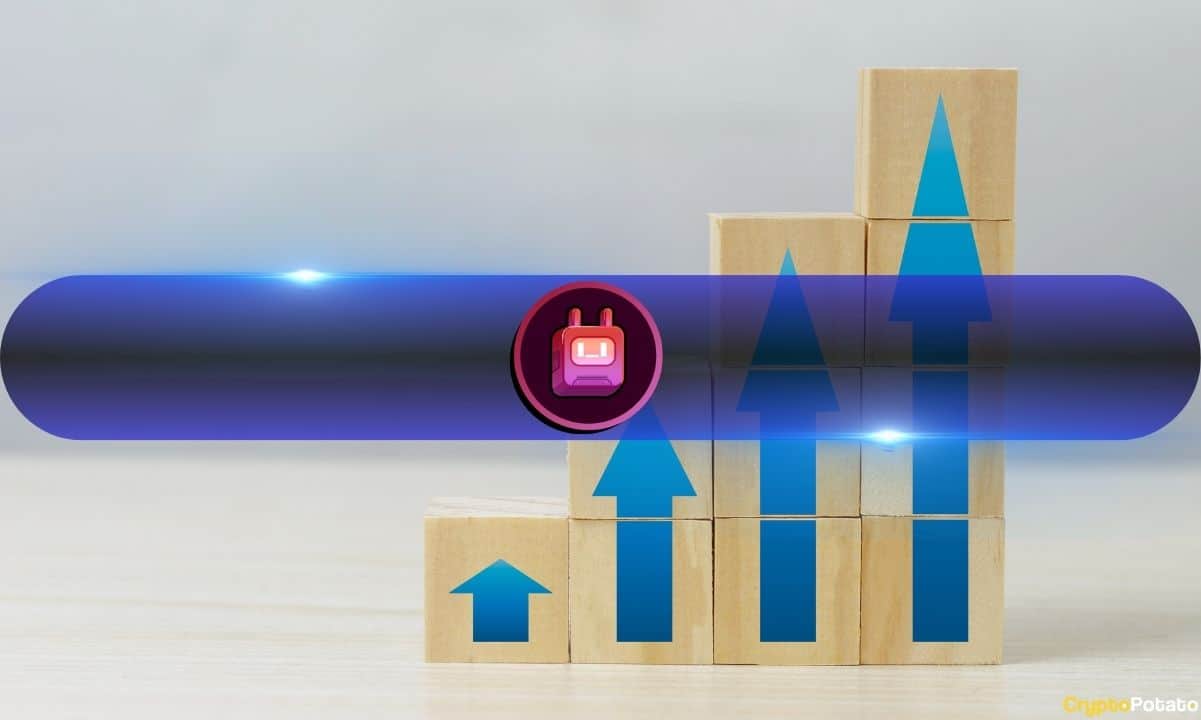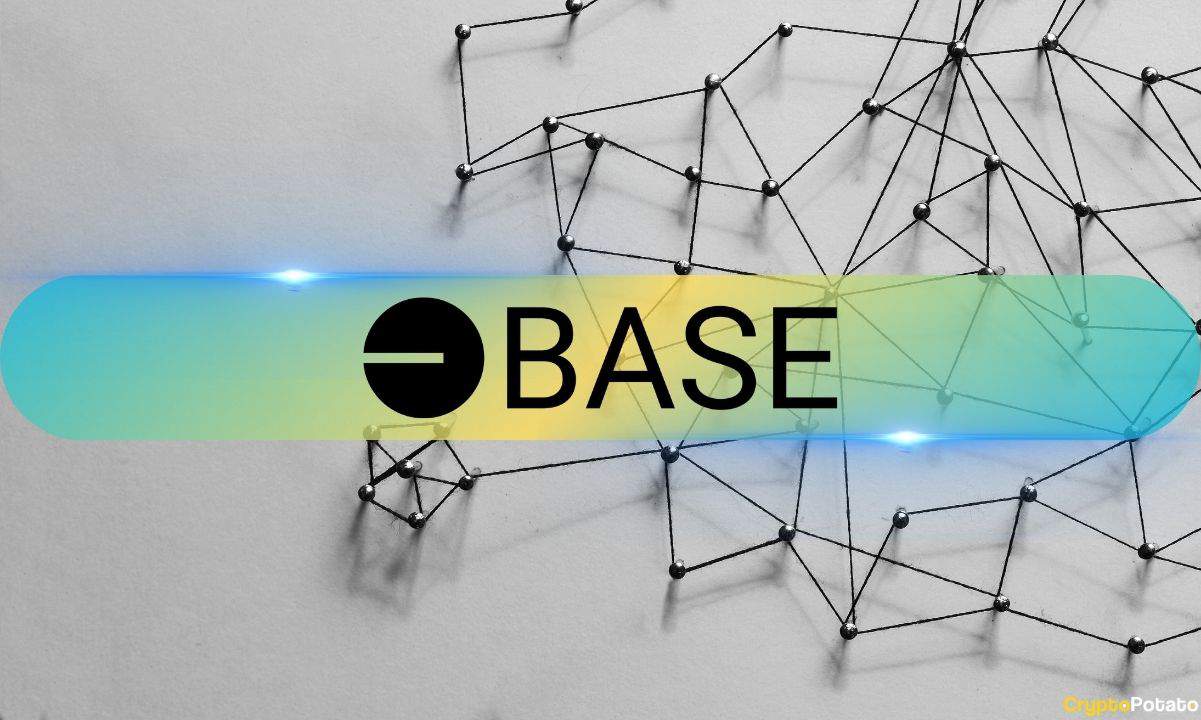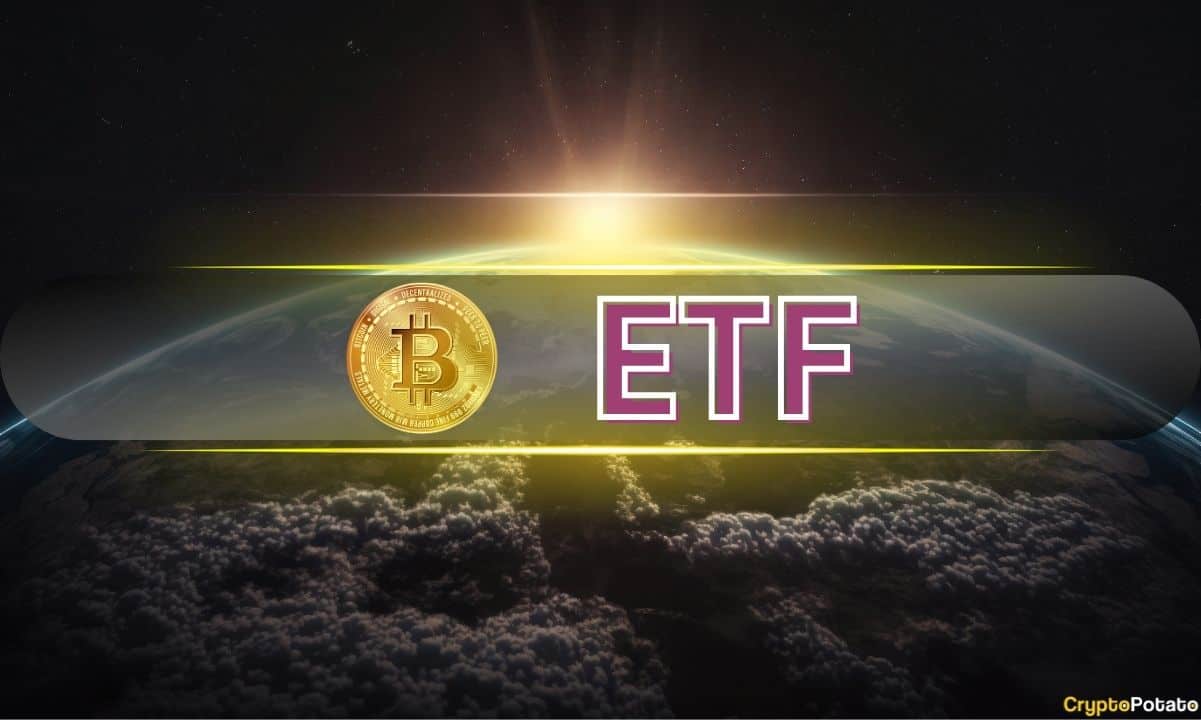Polkadot Parachain Governance Proposal Advanced by Parity Technologies
Parity Technologies aims at developing and releasing a generic asset parachain to serve as one of the first common-good chains on Polkadot. Dubbed Statemint, it would provide functionality for deploying various asset types, such as tokenized artwork or even central bank digital currencies (CBDCs).
Statemin to Come on Polkadot
The press release shared with CryptoPotato explained that the on-chain governance networks of Polkadot and Kusama can currently grant parachain slots by public referendum instead of determining the slot winner via auction mechanisms. Those so-called common-good parachains provide functionality that would be susceptible to the free-rider problem if the auction market dynamics are in play.
Consequently, Parity Technologies has decided to target the potential issues by developing a generic assets parachain network called Statemint. Apart from enabling the deployment of different types of assets, the new initiative would also provide lower fees and an overall better user experience.
The statement noted that blockchain networks can track ownership of a base layer asset – the native protocol token. However, they can perform substantially more complex tasks, so it “also makes sense to track other assets without launching a new network for each one.”
All crypto assets, whether backed by an on-chain protocol’s utility, by off-chain reserves, or without backing, derive their value from the owner’s belief that the issuer is able and willing to deliver on the promise they provide.
As such, while the parachain would not deliver the verification tools as they are unique to each asset deployed on-chain, it would provide the “core functionality to issue such assets where each issuer would defend the authenticity of their promises.”
“Each issuer would need its own methods to defend authenticity. For example, a gold issuer could provide certificates of authenticity and its vault records. Owners of the on-chain asset should consider the strength of these verifications techniques.”
How Would it Work?
The PR further explained that the generic assets chain would allow anyone to deploy a product as long as they put down a deposit in Polkadot’s native cryptocurrency – DOT or KSM for the Kusama parachain.
In some cases, when the Relay Chain’s governance approves a certain request, assets can be registered without a deposit. Polkadot typically requires accounts to have a minimum balance (known as the Existential Deposit (ED)). If it drops below it, the EDs are automatically deleted to avoid the buildup of low-value “dust” accounts.
Upon deploying the asset, the creator can establish a maintenance team consisting of an issuer, an administrator, and a freezer who can pause all tokens.
Statemint will also be fully aligned with the Relay-chain’s token holders allowing governance bodies to have control over the direction of the chain.









